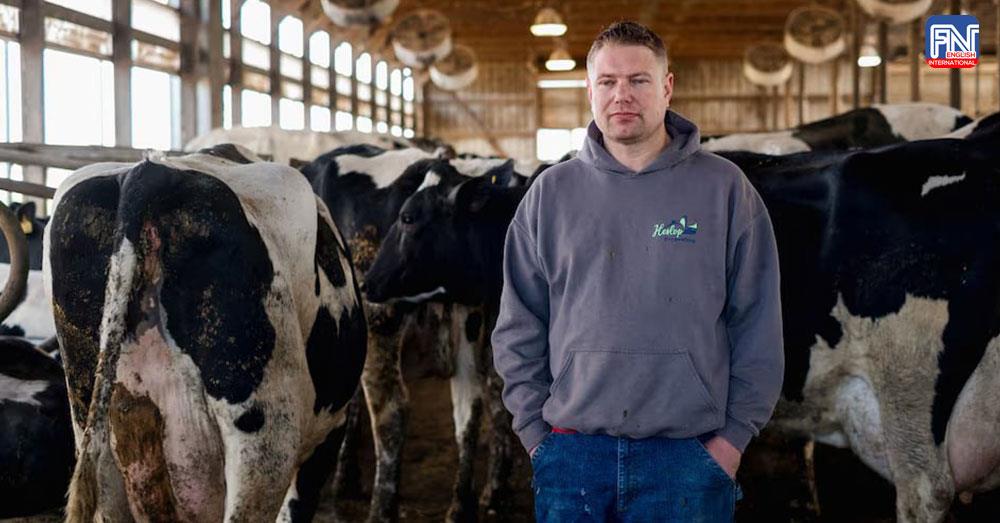CHICAGO, Apr. 11 (Reuters) - Dairy farmers in the United States are raising their defenses to try to contain the spread of bird flu: banning visitors, cutting down trees to discourage wild birds from landing, and disinfecting vehicles coming onto their land.
South Dakota on Thursday became the eighth state to find highly pathogenic avian influenza (HPAI) in a dairy herd, after the U.S. Department of Agriculture reported infections in North Carolina, Texas, Kansas, Ohio, Michigan, Idaho and New Mexico.
While the first cases appear to have been introduced to herds in Texas and Kansas by wild birds, the USDA said transmission among cattle was also possible. Agricultural officials in Michigan and Ohio said infected herds in those states received cattle from Texas.
Reuters spoke to seven dairy farmers in five states who said they are reinforcing safety and cleaning procedures, with three producers exceeding government recommendations.
"Think of our farm now as a gated community for cows," said Karen Jordan, who raises about 200 dairy cattle in Siler City, North Carolina. "Only the most essential person can get past the gate."
Even before North Carolina's outbreak, Jordan, 64, said she was limiting visitors who could unintentionally carry in contaminated bird droppings on boots or vehicles. She also started chopping down about 40 small trees to avoid attracting wild birds during spring migration.
The first confirmed case in a dairy herd on March 25 and the second human case in two years on April 1 have heightened concerns in the U.S. about the spread of the virus to animals and people. Bird flu has decimated poultry flocks globally since 2022 and infected mammals ranging from seals and foxes to skunks.
The U.S. Centers for Disease Control and Prevention said the risk to humans remains low, but has asked states for plans to test and treat potentially impacted farm workers.

Photo from Reuters




